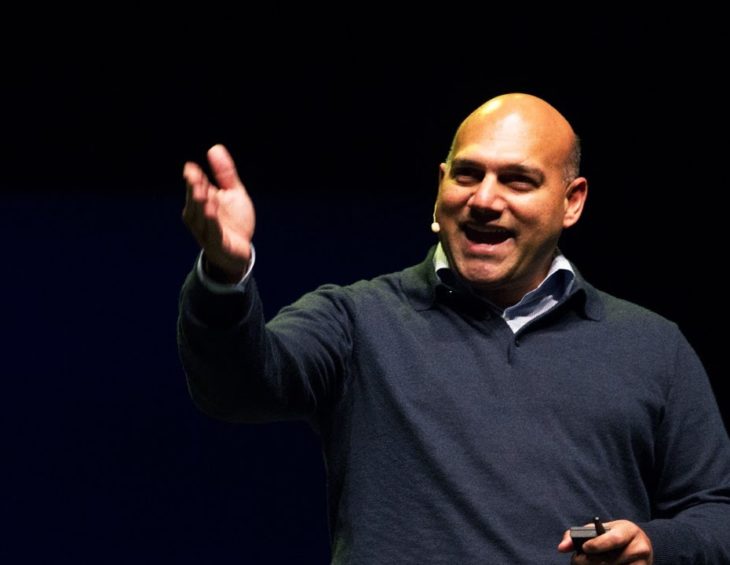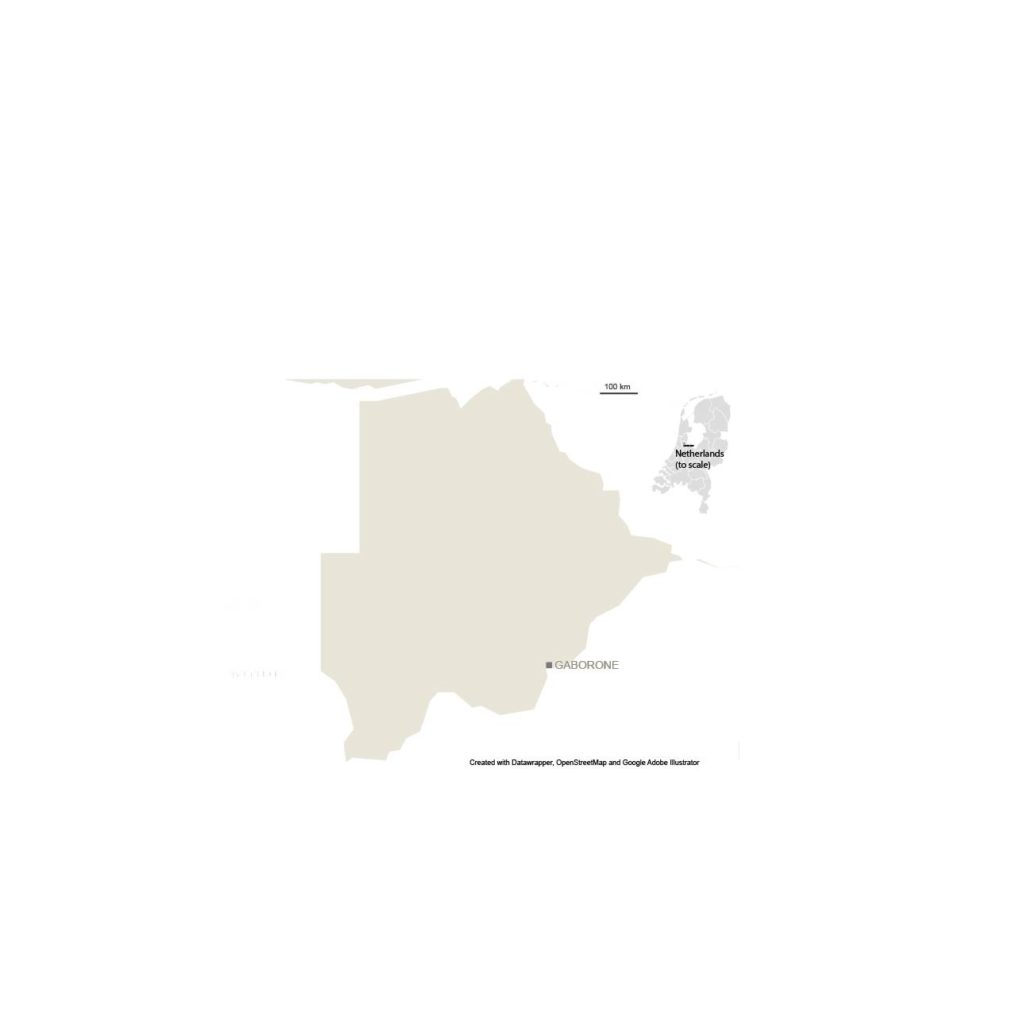
Salim Ismail, Photo: https://grupobcc.com/
US ‘change guru’ implore entrepreneurs to innovate, embrace AI
1 September 2023Joel Konopo
Botswana has a potential to harness solar energy and become food self-sufficient if it develops a “crazy” mindset to disrupt and innovate, a top US change guru said.
Salim Ismail, a Silicon Valley entrepreneur is in Botswana at the invitation of Debswana Diamond Company to inspire an industry level transformation among young entrepreneurs and help them take advantage of the technological advancement in their respective industries.
He believes Botswana, a net importer of food, can take advantage of cutting-edge technology in agriculture and become sustainable in food production. He said other countries have done that. For example, the Netherlands, a tiny Nordic country, uses vertical farming, seed technology and robotics to become a global model. Around 14 times smaller than Botswana, the Netherlands is the second exporter of agricultural products by value after the United States.
“You don’t need millions of hectors to farm, you need small space. Holland is the second biggest food exporter because it has radically changed the way they produce food.”

Ismail, who calls himself an exponential strategist is an angel investor with vast experience in tech startups and building disruptive digital companies. He has also worked for Yahoo and with NASA to incubate some of their original ideas. He believes the advancement in technology has pushed down the global price of photovoltaic solar and startups can take advantage to power their technologies. He said energy, which has been scarce for the entire human race is rapidly becoming cheaper. As this happens, it will have a multiplier effect on health, agriculture, and other industries. Clean water for example will mean that fewer people get sick and do not go to hospitals, taking pressure off doctors.
Botswana generated just 0.26 per cent of its electricity from solar in 2020, and it has only 6 megawatts (MW) of installed solar capacity out of a total 890 MW energy capacity, with coal accounting for 99 per cent, according to the International Renewable Energy Agency (IRENA) and the African Development Bank (ADB).
Botswana has been experiencing power outages which normally increases in intensity during winter as the power utility company, Botswana Power Corporation struggles to meet demand. Public records show that Botswana has a significant solar potential receiving over 3000 hours of sunshine per yea, one of the highest rate irradiation in the world.
“Solar energy will transform our lives,” an optimistic Ismail said.
To achieve this, entrepreneurs must embrace a hardworking and innovative spirit. This includes taking advantage of the disruptions in the technology and the use of Artificial Intelligence (AI).
“Use machine learning and deep learning to find patterns in your data and collect as much data as possible.”
The technology and tools to build AI systems are getting cheaper. A successful entrepreneur typically assumes that they will be disrupted if they don’t do it themselves.Ismail gave example of the fall of Research In Motion (RIM), the makers of Blackberry smartphones in the early 2000s as an indication of disruption that RIM did not forsee.
“Have an open mind and think of the worst. All you need is to have a crazy mindset. All I have seen is that in your country, you are crazy,” he said to an applause.
He believes advancement in computation such as machine learning and deep learning will not replace mankind in the workplace.
“There will be a temporary deep. Even if we automate, there is still so much to do,” Ismail said, adding that the introduction of Automated Teller Machines (ATMs) within the banking sector improved service delivery and did not replace tellers.
“If we automate, we become efficient. I do not believe AI will take over the world. It will just transform it.”
He said heavily industrialised Sweden uses AI in most of its day-to-day life but has one of the lowest unemployment rates in Europe. The Scandinavian country’s unemployment rate stood at 7 percent in 2022. He believes there are limitless opportunities to disrupt in local industries, giving example of use of drone as a moode of transport in the tourism sector.
Perhaps even more optimistic, the change guru believes that lab grown diamonds will never outcompete traditional diamonds. However, he said to beat the synthetic diamond industry, Botswana should get involved in the synthetic industry and become an active player in the market.
“It’s hard to disrupt the diamond industry. I am optimistic about Debswana,” he said.
He describes mindset change as the ability to articulate what is old and understand the need to forgo the old and adopt new principles.
Top government official, Boyce Sebetlela said at the even at Gaborone International Commerce Park that for a long time Batswana have been stuck in a comfort zone. He said Batswana need to find a way of thinking differently.
“We have heard this before – lets make it happen. We should have a growth mindset,” he said.


Join the Conversation